Sudan’s coup leader orders release of four ministers amid intl. efforts to end crisis
Sudan’s army chief, who led a military coup last month, has ordered the release of four government ministers amid international efforts to end the African country’s political crisis.
General Abdel Fattah al-Burhan ordered the release of the ministers of telecommunications, trade, information, as well as youth and sports, who had been detained since a military coup in October.
Burhan’s order came as the army said the formation of a new government was "imminent,” following the army chief’s move last week to dissolve the government, detain the civilian leadership, including Prime Minister Abdalla Hamdok, and declare a state of emergency.
"We are considering all internal and external initiatives to serve the national interest," Burhan's media advisor Taher Abouhaga said. "The government formation is imminent."
It was not immediately clear when the ministers will be released.
The decision came after a phone call between Burhan and United Nations Secretary General Antonio Guterres, who personally appealed to the military chief to pave the way for a democratic transition in Sudan.
Guterres encouraged "all efforts towards resolving the political crisis in Sudan and urgently restoring the constitutional order and Sudan's transitional process," a UN statement said.
In August2019, a governing council comprised of civilian and military leaders was founded to run the country after former president Omar al-Bashir was deposed in a military coup.
The transitional civilian-military administration, Sudan’s highest executive authority, is tasked with leading the country to free and fair multiparty elections.
However, a military coup was staged last Monday that dissolved the fragile government. Hamdok was detained and put under house arrest in a move that infuriated the Sudanese and sparked international outcry, including from the UN Security Council.
Other civilian leaders are in military detention.
The 15-member council on Thursday urged the restoration of the civilian-led transitional government and called for the immediate release of all those detained by the military.
Hours after the apparent military coup, Sudan’s main opposition coalition called for civil disobedience and protests across the country.
Burhan, Sudan's de facto leader since 2019, insists that the army’s seizure of power does not constitute a coup, alleging that the transitional government was overthrown to avoid a civil war in Sudan.
US asks Israel to urge Sudan’s military chief to reverse coup
According to a report published on Wednesday, the administration of US President Joe Biden has asked Israel to press Burhan to restore the civilian government toppled in the recent coup.
Citing Israeli and US officials, the Axios news website said the request was made in light of Israel’s close ties with the Sudanese military leader, who led the military takeover last month.
Axios also said US Secretary of State Antony Blinken brought up Sudan in a phone call last week with Israeli minister of military affairs Benny Gantz, asking Tel Aviv to call on the Sudanese military to reverse the coup.
Moreover, Israel's Walla news site reported on Monday that an Israeli delegation had visited Sudan in recent days and met with coup leaders in an effort to gauge the volatile political situation in Sudan and its possible effect on normalization.
The delegation was said to have met with General Abdel Rahim Hamdan Dagalo, who was among a group of Sudanese military leaders who visited Israel several weeks earlier.
Sudan agreed to sign a normalization agreement with the Israeli regime in October last year, a month after the United Arab Emirates and Bahrain signed such détente deals with Tel Aviv with Washington’s facilitation.
Back then, the Sudanese cabinet repealed a boycott law against Israel in April.
An official normalization deal has to be approved by the Sudanese parliament, which is yet to form given the fact that the African country is going through a period of transition.
Sudanese officials also refused to participate in the one-year anniversary of the so-called “Abraham Accords,” another name for the Arab-Israeli détente deals, last month.
Son of Iran’s deposed Shah urges US, Israel to bomb country after failed ‘regime change’ plot
Jan. 12, 2026 – the day Iranians again rallied to reject hostile plots against Islamic Republic
IRGC intelligence dismantles MKO, monarchist terror cells in NE Iran
‘Permits of humiliation’: Israel targets Christian schools in al-Quds
Over 470 terrorists, riot ringleaders captured across Iran
UNRWA chief warns about 'record highs' of diseases in Gaza amid Israeli siege
Israeli agricultural exports face looming 'collapse' amid boycotts over Gaza genocide
VIDEO | Canadians preparing to hold more rallies in solidarity with Venezuela


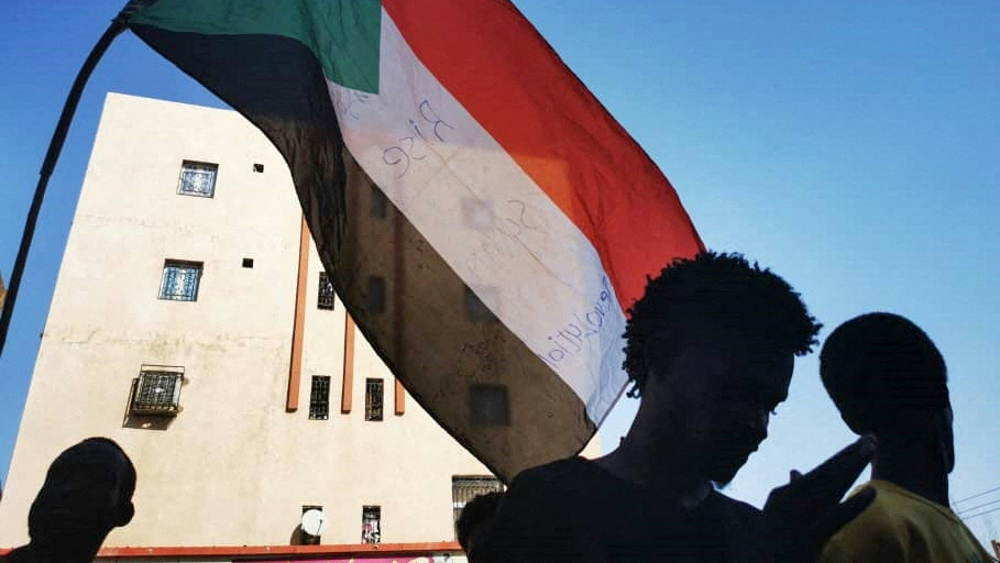
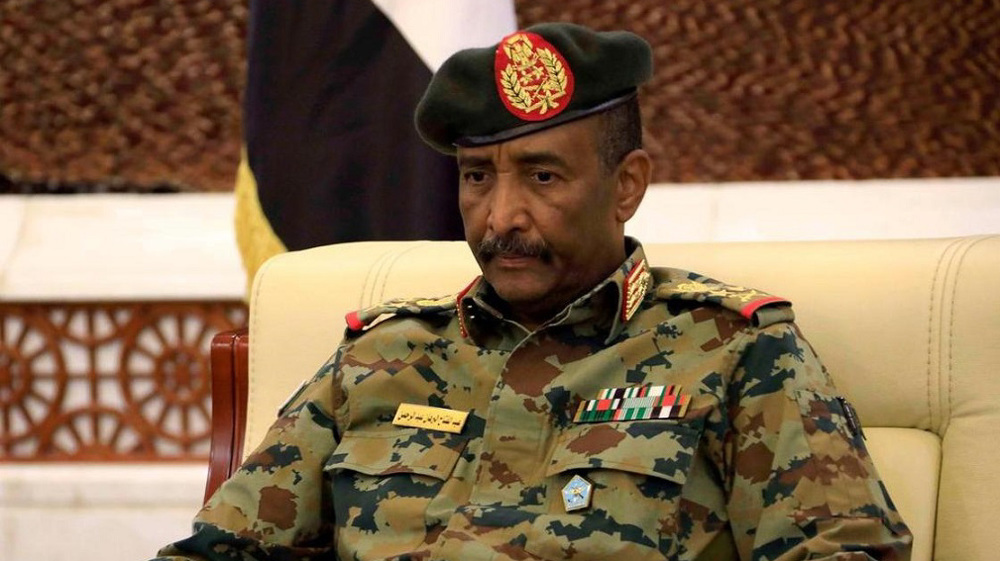
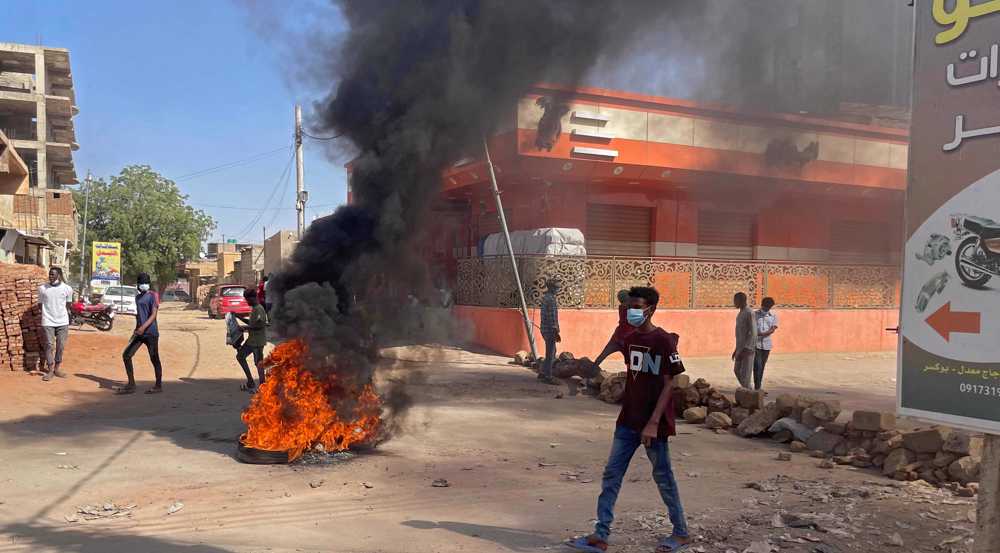
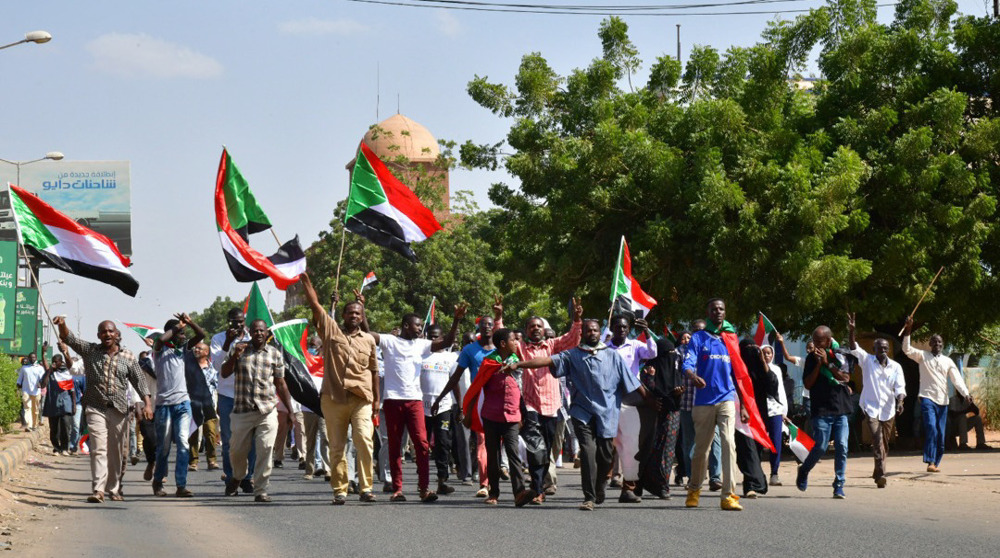
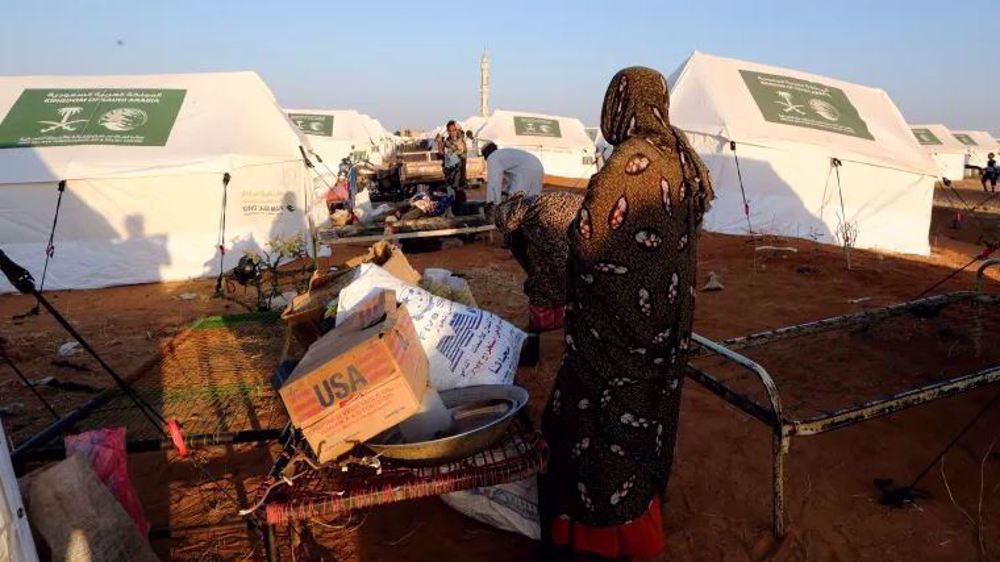
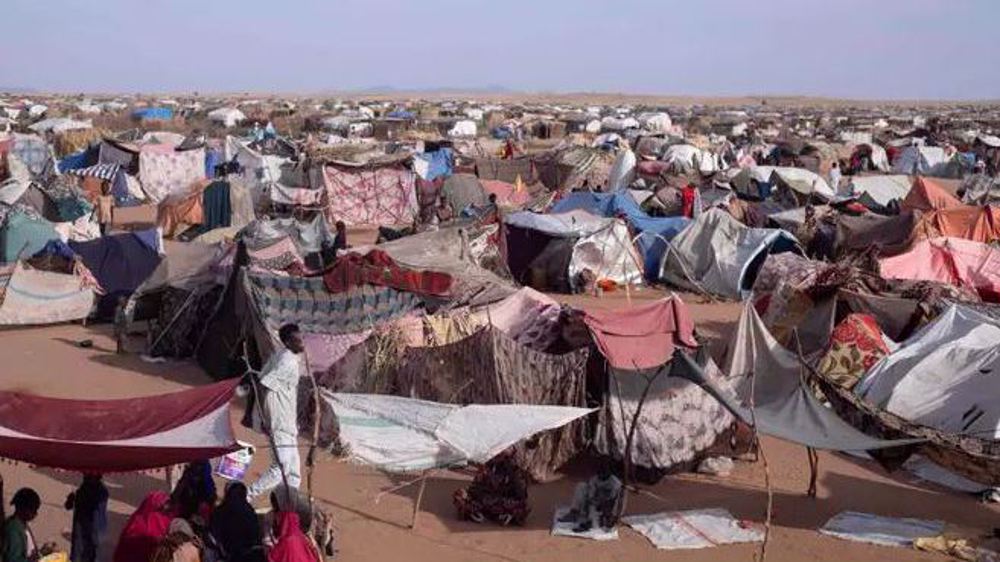
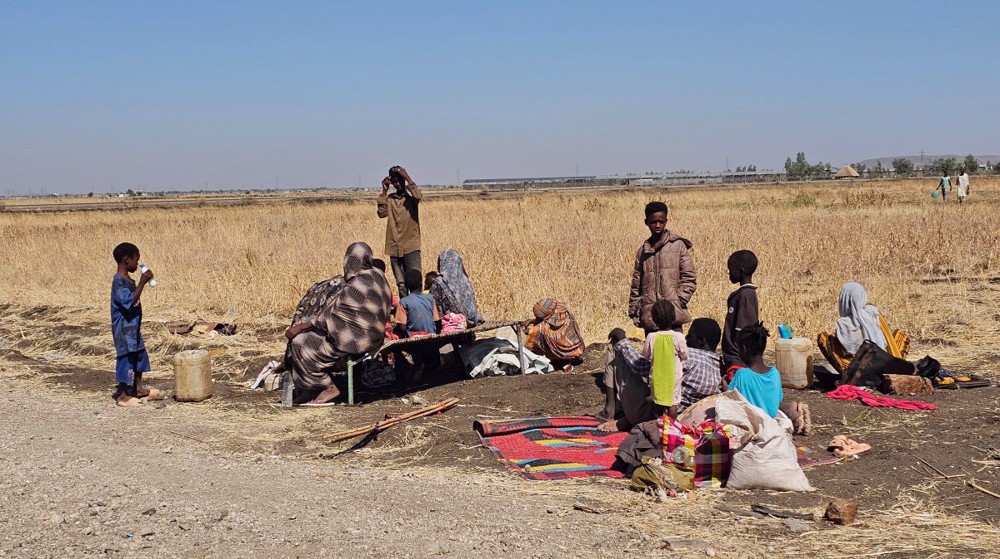




 This makes it easy to access the Press TV website
This makes it easy to access the Press TV website